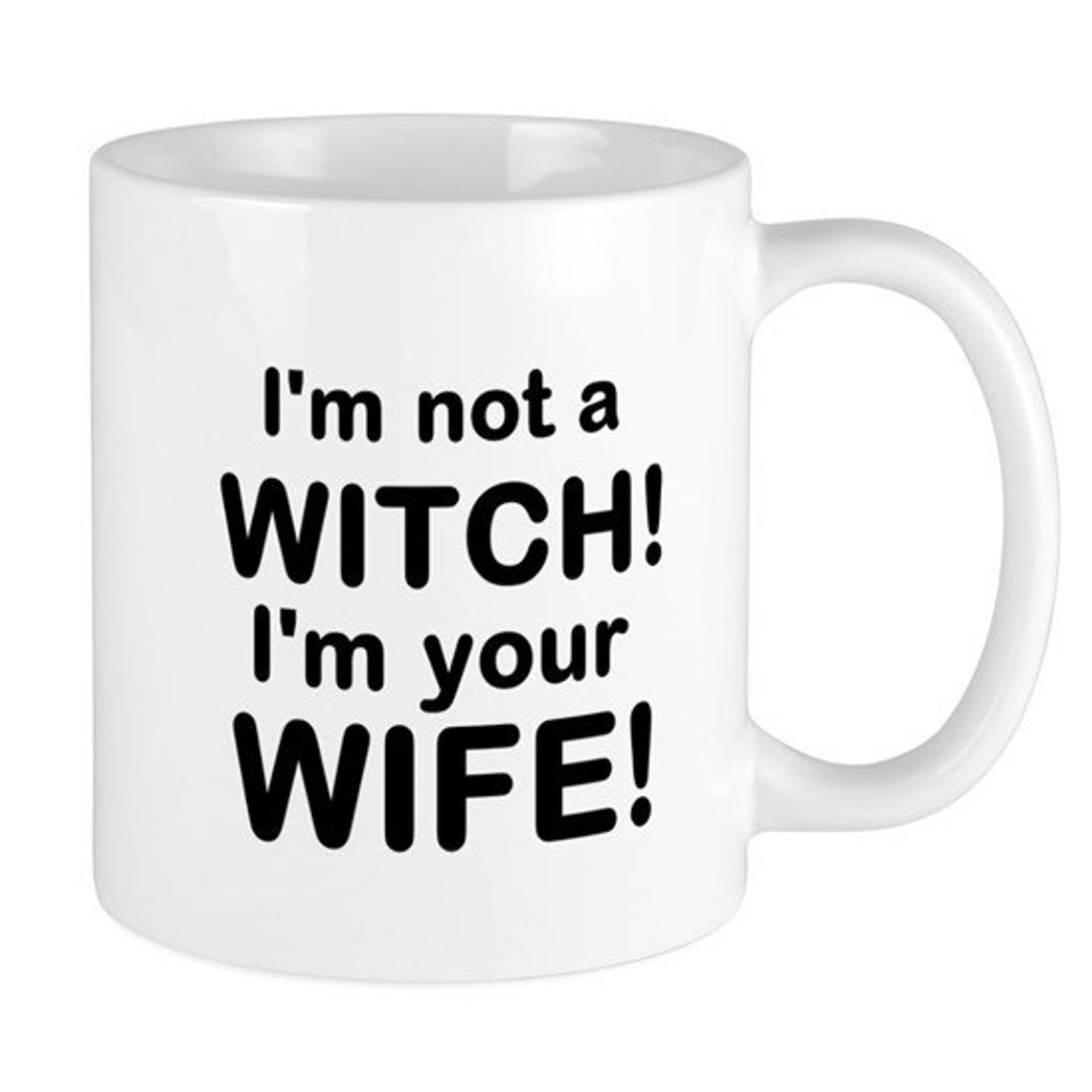

He’s missing from her life, and from the picture, thereafter. Jean is cleaved from her life of ease, comfort, and crystalline loneliness by two swift actions that are out of her control: Eddie “gifting” her a baby with scant explanation of where he has come from, and Jean being forced to go on the run in the wake of her husband’s disastrous career decisions. By the time the looping bubblegum-pink opening title appeared onscreen, I knew I would be enthralled by this film. It’s something the film deliciously takes advantage of thanks to the precise costume design by Natalie O’Brien. She wears a sheer magenta gown with the kind of ease that suggests beauty isn’t just an interest of hers but a guiding principle. We’re introduced to Jean, her sullen mien, and the lacquered image she fashions over it. The film is set in the 1970s but homes in on a character that could easily exist in a liminal space within the genre’s maneuvers: Jean (Rachel Brosnahan), the wife of a quicksilver thief by the name of Eddie (Bill Heck).

11), seems to have these questions and their possible answers in mind and to be aware of not only the history of these genres but their possibilities. Julia Hart, who directed and co-wrote I’m Your Woman (which hits theaters on Friday and premieres on Prime Video on Dec. But what happens when the emotional terrain of the film becomes their primary domain? What happens when these characters - who too often exist in the margins and are rarely granted the defining perspective - move to the center? Barbara Stanwyck descending the stairs in her introduction in Double Indemnity, revealing in each step the fatal pull of her character. Jane Fonda moving with utter potency in Klute. The magnificent yearning of Ingrid Bergman in Notorious. Gloria Grahame’s transcendent, tricksy appearances in everything from In a Lonely Place to The Big Heat. Michelle Pfeiffer, dangerous as a freshly sharpened blade, in Scarface. But one reason I’m so taken by these genres is its women: The luminescent Sharon Stone in Casino. The crime drama and its cousin noir are often misidentified as wholly, or at least primarily, masculine genres, where the bodies of women are soundboards off which the reverberations of toxic, masculine drives can be heard. The Amazon Studios film, starring Rachel Brosnahan, is powered by prickly racial and gender politics.


 0 kommentar(er)
0 kommentar(er)
